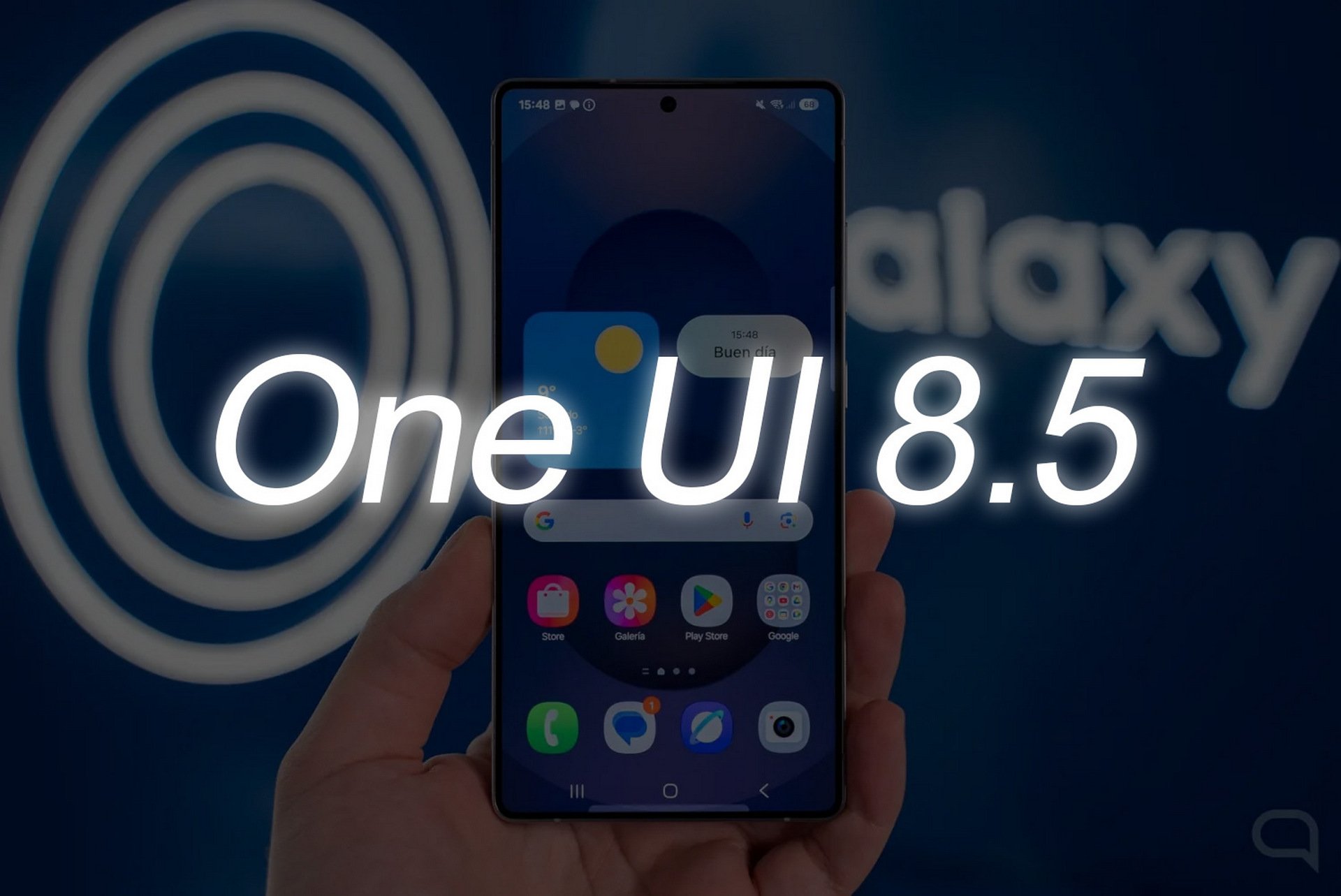In mid-2021, Apple announced a series of measures to protect minors using its devices. One suggestion was to scan iPhone photos for child abuse material. After more than a year of criticism, those from Cupertino canceled their initiativereportedly Wall Street Magazine.
The news is, of course, somewhat surprising, as Apple has moved steadily forward despite user complaints. There was even a repetition to make it clear that photo scanning will always take place inside the device and not on external servers. However, this was not enough to calm the water.
Now, instead of scanning photos from the iPhone, the company will make efforts to prevent child abuse by ensuring the security of its devices and services. Craig Federighi, Apple’s vice president of software, told the aforementioned media outlet the following:
“Child sexual abuse can be prevented before it happens… This is where we put our energy in the future.”
Craig Federighi
It is for this reason that Apple today announced extended data protection, which, in essence, end-to-end encryption extension to almost everything you store in iCloud. Previously, the service only offered this level of security for 14 data categories, but with this update, it has increased to 23.
Among the information that would benefit from end-to-end encryption are photographs. Also reminders, notes, messages and even backups of your iOS device. However, iCloud Mail, Contacts and Calendar will be left without the aforementioned encryption as they work together and their encryption will break their compatibility.
Enhanced Data Protection, yes, will initially only be available in the United States, with users in other countries able to take advantage of it at some point in the future. 2023. Finally, you should be aware that end-to-end encryption will not be enabled by default in the added categories. Therefore, it must be enabled manually.
However, end-to-end encryption can also work against Apple in certain situations. Like what? For example, when authorities request access to device information during an investigation. Nonetheless, Apple is not going to give up even in this case. “Ultimately, keeping customer data secure is essential to our overall security,” Federighi said.
It has already been shown in the past that Apple, no matter which government agency approaches it, will not help access protected device data. You can ask the FBI, who had to resort to the help of hackers to unlock the San Bernardino terrorist’s iPhone. The US Federal Bureau of Investigation had to shell out $900,000 because the company refused to cooperate.
Apple just launched iMessage nudity alerts in Spain; which also relied on iPhone image analysis to detect inappropriate content for minors. “The function is designed in such a way that not a single sign of nudity detection leaves the device. Apple does not have access to messages and notifications are not sent to parents or anyone else,” Tim Cook’s executives said.
Source: Hiper Textual
I am Bret Jackson, a professional journalist and author for Gadget Onus, where I specialize in writing about the gaming industry. With over 6 years of experience in my field, I have built up an extensive portfolio that ranges from reviews to interviews with top figures within the industry. My work has been featured on various news sites, providing readers with insightful analysis regarding the current state of gaming culture.













